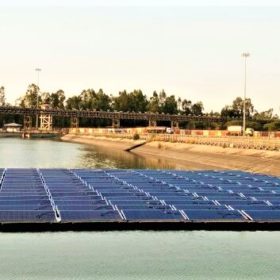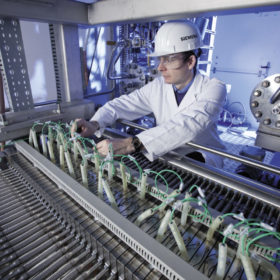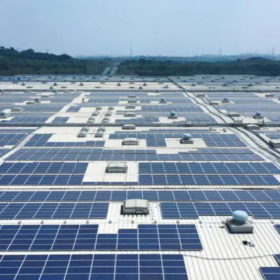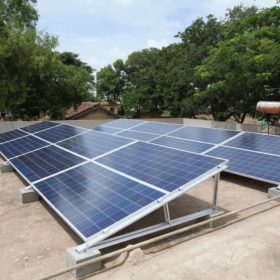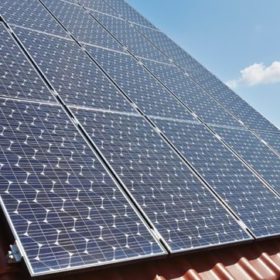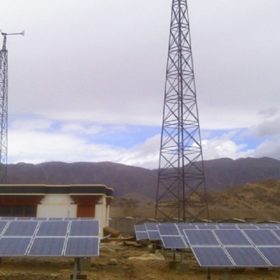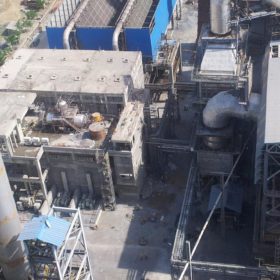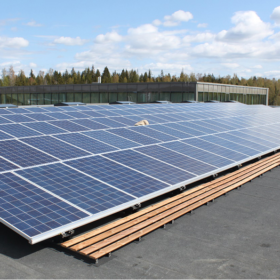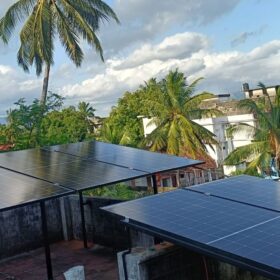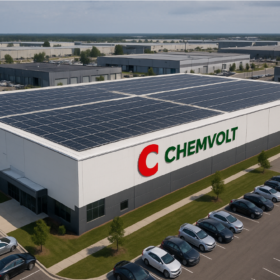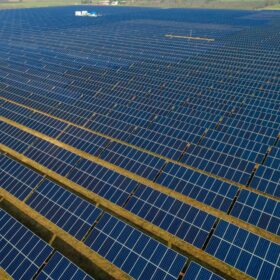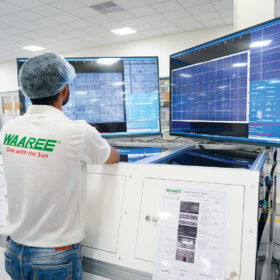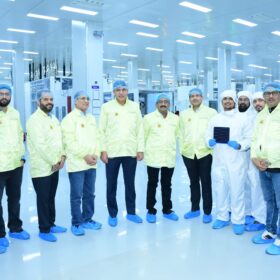India added 438 MW of solar capacity in Q3 2020
The 438 MW of new solar capacity added during the three months ending September includes 283 MW from large-scale installations and 155 MW rooftop.
SunSource Energy bags 4 MW floating solar+2 MW storage project in Andaman & Nicobar
The latest win follows a 1.95 MW/2.15 MWh solar-plus-battery storage project bagged by the developer for the union territory of Lakshadweep in July this year.
TERI partners Norway’s Greenstat for Centre of Excellence in hydrogen
The Energy and Resources Institute (TERI) has signed a Memorandum of Understanding (MoU) with the India arm of Norwegian energy company Greenstat to set up a Centre of Excellence for hydrogen in India and accelerate deployment of hydrogen technologies in the country.
Rooftop solar addition increased 112% y-o-y in second quarter
India added rooftop solar capacity of 399 MW in the second quarter (July-Sept) of FY 2020-21, compared to 188 MW installed in the corresponding period last year.
Trends in solar modules – RenewSys interview
Avinash Hiranandani, global chief executive officer and managing director, RenewSys India, speaks to pv magazine about solar module technology trends and their company’s manufacturing focus.
IISc Bangalore installs solar microgrid in primary health center
The network consists of a 96 V, 5.2 kW solar power system and a 96 V, 7.5 kVA PV inverter plus 96 V, 150 Ah of lead-acid battery storage. The microgrid will provide backup power during emergencies.
Telangana tenders for residential rooftop solar
Bids are invited to install and commission various capacities (11-500 kWp) of grid-connected rooftop solar plants at individual households and residential buildings across the state. Bidding closes on November 25.
EESL, Goa government sign pact on 100 MW decentralized solar
Through its newly formed subsidiary Convergence Energy Services Limited (Convergence), the Energy Efficiency Services Limited will implement ground-mounted solar power plants—in sizes of 500 kW to 2 MW—on vacant/unused land provided by the Gram Panchayats or electricity board in the state.
Green recovery through energy efficiency
The Climate Group has reported that just 33 members of its global EP100 initiative avoided carbon dioxide emission by one billion metric tonnes purely through energy efficiency measures. Of this, 360 million metric tonnes—comparable to taking 77 million cars off the road for a year—was avoided in the last year alone.
AAI’s Deoghar airport to get a solar rooftop
The Airports Authority of India Limited has invited bids to set up a 330 kWp (DC) grid-connected solar power system at Deoghar Airport in Jharkhand. Bidding closes on December 1.


